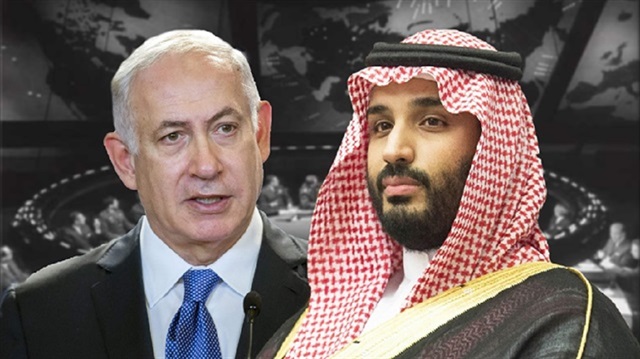
Hussein Ibish, senior resident scholar at the Arab Gulf States Institute in Washington, said Steinitz's remarks "won't surprise anyone who's been paying attention to the budding courtship between Israel and Saudi Arabia, which is being especially pushed by the Israeli side".
Last week, the Israeli military chief, Lieutenant General Gadi Eizenkot, told an Arabic language online newspaper that Israel was ready to share "intelligence information" with Saudi Arabia, saying their countries had a common interest in standing up to Iran.
Saudi Arabia has ratcheted up pressure on Iran, accusing Tehran of trying to expand its influence in Arab countries, often through proxies including the Lebanese Shi'ite Hezbollah group.
Ibish said that given the mutual threat perceptions shared by Israel and Gulf Arab countries, it is unlikely that covert ties aren't developing.
But he said Israeli officials have tended to exaggerate such interactions in a bid to "drive down the price they may have to pay, especially on Palestinian issues, to expand strategic relations and ties with Arab countries".
In public remarks in September, Netanyahu pointed to covert relationships with Arab states, saying, without mentioning any by name, that cooperation exists "in various ways and different levels".
Also in September, Israel Radio reported that Saudi Crown Prince Mohammed bin Salman had secretly met officials in Israel that month, drawing an official denial from Riyadh.
Last month, Saudi former intelligence chief Prince Turki bin Faisal shared a stage with ex-Israeli Mossad spy agency director Efraim Halevy at a debate on Iran in a New York synagogue.
In 2016, former Saudi general Anwar Eshki visited Israel, where he met Israeli legislators, to promote - as he has at various academic forums - the Saudi peace initiative.


